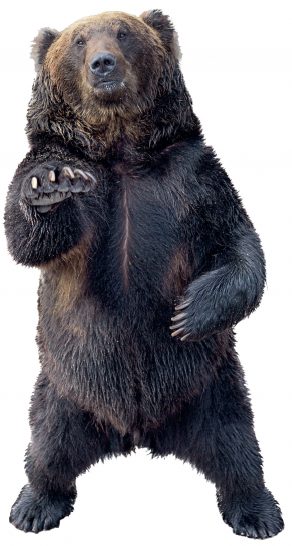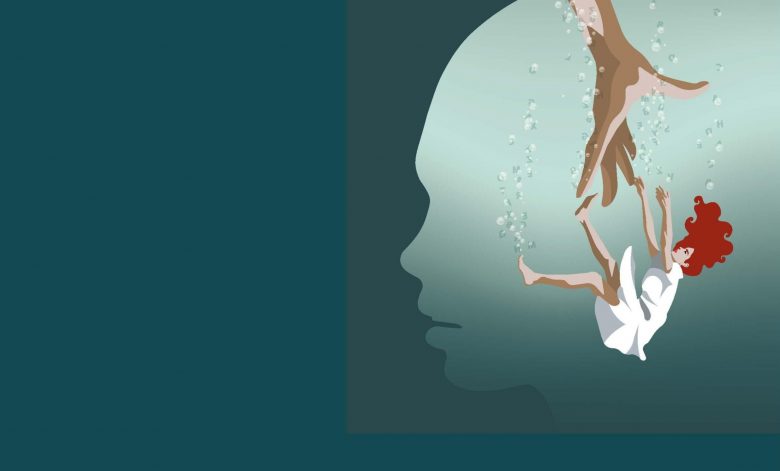
As a species we are incredibly generous and kind to others, even though we might endure a cost to ourselves. For example, people who run marathons or sky dive for charity do so to raise money for others, but in doing so, they endure a personal cost, such as physical pain from running or even risking their life by jumping out of an aeroplane. Why do we do this? How might such a behavior have evolved? Evolutionary theories have for centuries tried to understand why humans behave so altruistically towards others. Traditionally, evolutionary theories have tried to explain altruism through Darwinian natural selection: what survival benefits are there for altruists? However, these theories can be limited in explaining all human altruism. Here we discuss what role Darwin’s other big insight — sexual selection — might play in explaining human altruism. In essence, are there mating benefits for altruists?
Scientists are becoming increasingly interested in how the human mind and behaviour evolved. However, the behavior altruism has puzzled evolutionary theorists Altruism is a behaviour that involves incurring a (fitness) cost to the self to provide a (fitness) benefit to others.
Your organisation does not have access to this article.
Sign up today to give your students the edge they need to achieve their best grades with subject expertise
Subscribe



